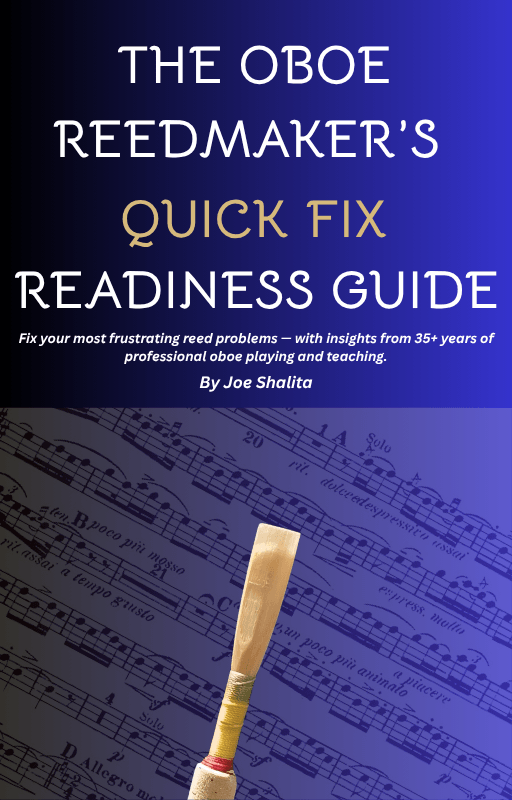The Legacy of Marcel Tabuteau: Origins of the American-Style Long Scrape Oboe Reed
The Legacy of Marcel Tabuteau: Origins of the American-Style Long Scrape Oboe Reed
When oboists talk about the American style of reed making, one name inevitably comes up: Marcel Tabuteau. His influence on oboe playing and reed making set the foundation for the long scrape reed, now a hallmark of American oboe sound.
Who Was Marcel Tabuteau?
Marcel Tabuteau (1887–1966) was a French oboist who studied at the Paris Conservatoire with Georges Gillet. After earning the Premier Prix, he immigrated to the U.S. and joined the Philadelphia Orchestra as principal oboist in 1915, a role he held until 1954. He also taught at the Curtis Institute of Music, shaping generations of oboists.
Shaping the American Oboe Sound
Tabuteau sought to combine the flexibility of the French reed with the depth and darkness of the German reed. His innovations in reed making were driven by a practical need—creating a more blended wind section in the Philadelphia Orchestra, especially as orchestral recording technology was emerging. Leopold Stokowski, the orchestra's conductor, played a key role in shaping this distinctive "Philadelphia sound."
The Birth of the American-Style Long Scrape Reed
Tabuteau’s reed design prioritized control, dynamic range, and a darker, more resonant tone. Key features of the American long scrape reed include:
Longer Scrape: Allows greater flexibility and tonal variation.
Defined Tip and Heart: Provides a smooth transition for articulation and response.
More Stable Sound: Helps achieve a warm, rich tone that blends well in orchestral settings.
Tabuteau’s Lasting Influence
His students carried his ideas forward, shaping the next generation of American oboists. Some of his most notable students include:
John de Lancie (Philadelphia Orchestra)
Robert Bloom (NBC Symphony Orchestra, Yale University)
Joseph Robinson (New York Philharmonic)
John Mack (Cleavland Symphony Orchestra)
Why It Matters Today
Tabuteau’s legacy continues to influence oboe playing and reed making. His focus on control, color, and phrasing remains a core part of American oboe pedagogy. Reed makers still refine the long scrape design to meet modern performance demands, but the principles established by Tabuteau endure.
Final Thoughts
Marcel Tabuteau wasn’t just an oboist—he was a visionary. His innovations in reed making and musicianship transformed the American oboe sound, ensuring that his influence lives on with every oboist who plays on a long scrape reed today.
Copyright ©2025 Making Oboe Reeds




